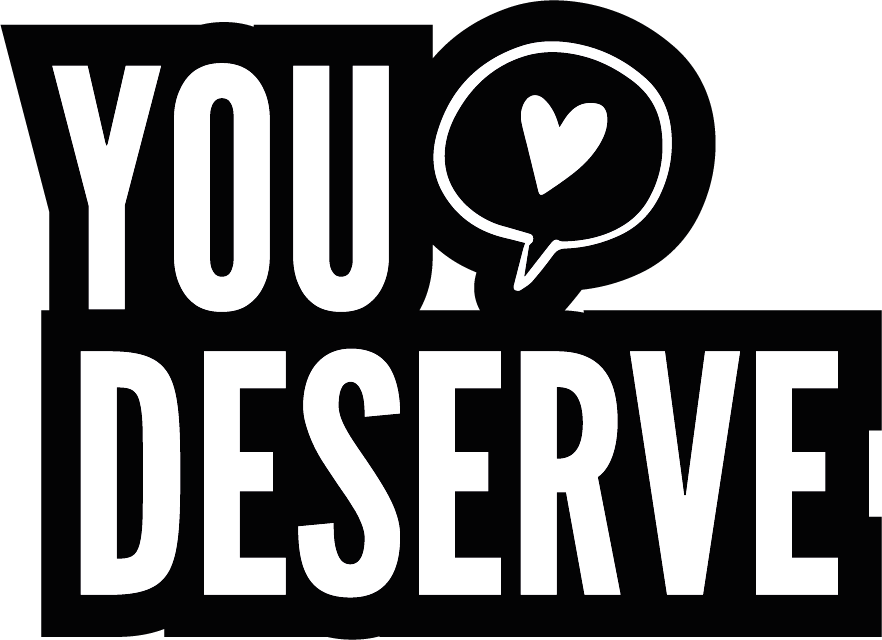Despite the reduction in sexual and gender-related stereotypes in society, many people are still suffering and we have a responsibility to support them.
TRIGGER WARNING: Emotional and Physical abuse are heavily discussed in this article.
This article was written by a young person as part of our #YouDeserve: Healthy Relationships Campaign. To find out more about the campaign click here.
What is ‘so-called honour-based violence’?
Whilst there are many forms of abuse that are known to occur within an unhealthy relationship, the term ‘So-called honour-based Violence’ introduces a specific type of violation that may not be well-known, but is very common within communities.
‘So-called honour-based Violence’ is a collection of practices including physical abuse (kicking and beating), psychological pressure (strict monitoring, humiliation, intimidation, coercion), forced marriages, abandonment, and other forms of abuse committed to protecting perceived cultural and religious beliefs and ‘honour’. The word ‘perceived’ is significant when defining this term as it is an individual’s perception of their faith or culture rather than the faith or culture itself that motivates the abuse.
Let’s take a look at some examples
Ideas attached to the word “honour” are not associated with any culture or religion and can be seen throughout the world. For example, in the UK, we have notions about the clothes that women should wear and use these conventions to excuse harassing or abusing women for their appearance.
The term “shotgun wedding” is understood as a family forcing their relatives to get married due to the fact that a woman falls pregnant with a child. Unfortunately, LGBTQ+ people can experience abuse from their relatives who believe that their gender identity or sexuality is embarrassing for their family and reflects poorly on their reputation.
It is vital to note that the word honour is consciously placed in quotation marks to emphasise the irony that these forms of abuse are entirely dishonourable and instead are driven by the need to assert power and control over others.
Banaz Mahmood’s brutal murder not only highlights the injustice that some black and ethnic minority women face daily, but also the need to put an end to honour-based violence.
Female Genital Mutilation (FGM) and Forced Marriages are examples of harmful practices that are hurting some of the most vulnerable in society and also represent some of the weightiest forms of human rights abuse and it needs to stop.
What is FGM?
Female Genital Mutilation (FGM) is the removal, excision, or alteration of a female’s genitals for reasons that are non-medical. Many harmful practices fall under this umbrella including the cutting of the clitoris and breast flattening, to name a couple.
This is a less well-kown form of abuse but due to the bravery of individuals stepping out and speaking about their personal experiences, it has provided an opportunity to become educated on the matter. Women undergo this procedure typically during the early stages of their development and in Leyla’s case, as early as 7 years old:
It is evident that the trauma from Leyla’s past still affects her in her day-to-day life. The vaginal exams, flashbacks and physical restraint would understandably have an impact and cause a lot of pain, emotionally and physically for Leyla as she grew up, adapting and adjusting her life post-cutting operation.
It is important when discussing matters such as FGM that we don’t presume to understand what the survivors have been through. The video linked below records a group of women who have experienced cutting in their lifetimes and have conversations together, discussing their past and breaking down the stigmas surrounding FGM.
Are Forced Marriages Still Happening?
A forced marriage is when one or both parties is married without their consent or against their own will. In the UK, it is recognised as a form of domestic abuse and a severe example of the abuse of an individuals’ human rights.
The pressure put on people to marry against their wishes can take place in many forms including physical (threats, physical or sexual violence), emotional (shaming the family) and sometimes finances also play a role in creating stress by taking someone’s wages away.
National Helplines
Listed below are some national helplines which are a great point of contact for any of the topics discussed within this article:
- Live Fear Free Helpline: Free 24-hour national helpline provided by Women’s Aid and Refuge. Call, text, live chat and email. Call: 0808 80 10 800
- Domestic Violence Assist: Specialising in assistance to prevent emergency abuse from furthering.
- National Centre for Domestic Violence: Specializes in assistance to get emergency injunctions from being abused further.
- The Forced Marriage Unit (FMU): The FMU has a public helpline, providing advice and support to victims of forced marriages. Call: 020 7008 0151 9am to 5pm, Monday to Friday.
- Meic – Meic is the National Helpline for children and young people up to the age of 25 in Wales. It is a confidential and free helpline where you can talk to an adviser about anything that’s bothering you. They can give you information and advice and can help you find the help that you need. Call, text or chat online between 8am and midnight every day.
Further Information
This article is part of the Healthy Relationships campaign. If you would like to read more about the Healthy Relationships campaign and see more content including information and support for young people’s experiences, click here.
If you want help or advice about relationships, or if there’s anything else worrying you, then you can call Meic and speak to a friendly advisor. Meic is an information and advocacy helpline open from 8am to midnight, 7 days a week, for children and young people aged in Wales.





